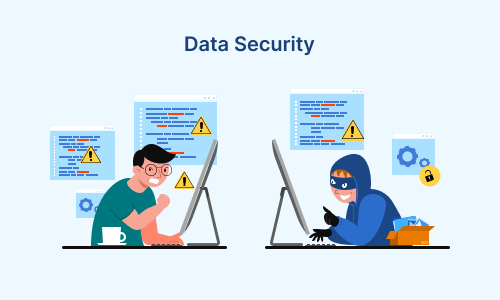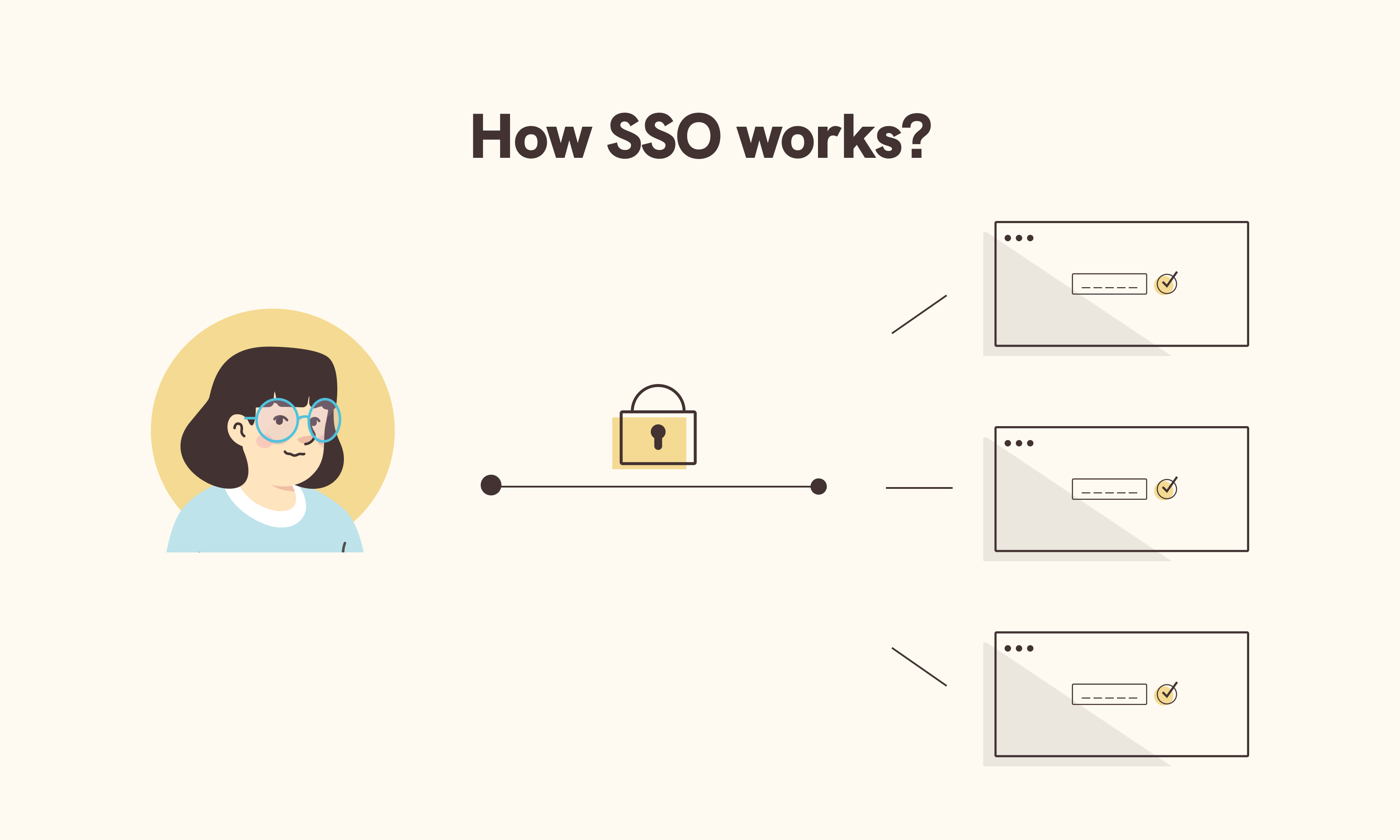
Difference Between Programming, Scripting, and Markup Languages
Developing web-page, standalone application or cross-platform requires a different type of approach, as well as languages, are even divided into three basic pillars namely programming languages, scripting languages, and markup languages. This language differentiations are made to fit every category of developed web apps, or program code into it. A well-defined choice between them has to be always made before developing it and henceforth the developing process cannot be moved further blindly. Explaining them in detail as follows:
- Scripting Language: A scripting language is nothing but a programming language which does not require a clear compilation step. Scripting languages are the subcategory of programming languages which is used to give guidance to another program or we can say to control another program, so it also involves instructions. Connecting one language to another is an important task of these and it never works standalone. Scripting languages need to be interpreted (Scanning the code line by line, not like compiler in one go) instead of compiled. They are always used to combine existing components where scripts are running inside another program (Creates dependencies). Low maintenance scripting languages are JavaScript, PHP, Ruby, Perl, VB Script, etc.
- Programming language: Compiler based languages which are developed from scratch that run independently as compared to the scripting languages these are set of instructions or code that tells an operation to be performed. A basic structure of logic long with sequential statements is provided where a definite set of input is provided and output is expected. When we need to write a CD or burn a CD or when we need to paste something in pen drive these all instruction is given through some software which involves some instructions or set of code and this software communicate to the hardware. These instructions are always written in a human-readable language and here the compiler comes into picture where these languages are converted to binary format or also known as machine level language (creates a .exe) file to be understood by the computer. Hence being different from the scripting language as explained earlier. Example: C, C++, Java, Pascal, C#, VB, Basic, COBOL, etc.With the modern hardware and compilation techniques, the line between scripting and programming languages is getting more and more blurry. Languages like Python sits in both the types because many coders use this language without a compilation step, but the central part of implementation needs a compilation, and only after that it can be run in the bytecode.
- Markup Languages: Markup languages are languages that are not in any way executed or used to perform actions but they are used to structure data, identify data or present data as the case may be. Examples are HTML (defines web content), XHTML (same with HTML but with some differences), XML (for structuring data, in some cases for defining UI structure as it is used in Android app development), etc. They are completely different from programming languages and scripting languages, providing semantics to the webpage (HTML) is used. Also called as presentational languages and it doesn’t include any kind of logic or algorithm
From the above definition, we can summarize Programming language, Scripting language, and Markup languages from the below images.
Concluding statement says that all the scripting languages are subset programming languages but all the programming languages are not scripting languages. C cannot be called scripting languages, it is just a programming language but we can call JavaScript programming or scripting languages. Scripting languages are generally slower than programming languages because compiled programs are first converted into machine code. On the other hand Markup = descriptions of how text and other forms of components should appear in a certain context.
.jpg)
Yukta Peswani
Content Writer & blogger at Studylink. Using blogs as my best networking tool and creating content that truly counts. In love with blogging and Sundae Sundays!


